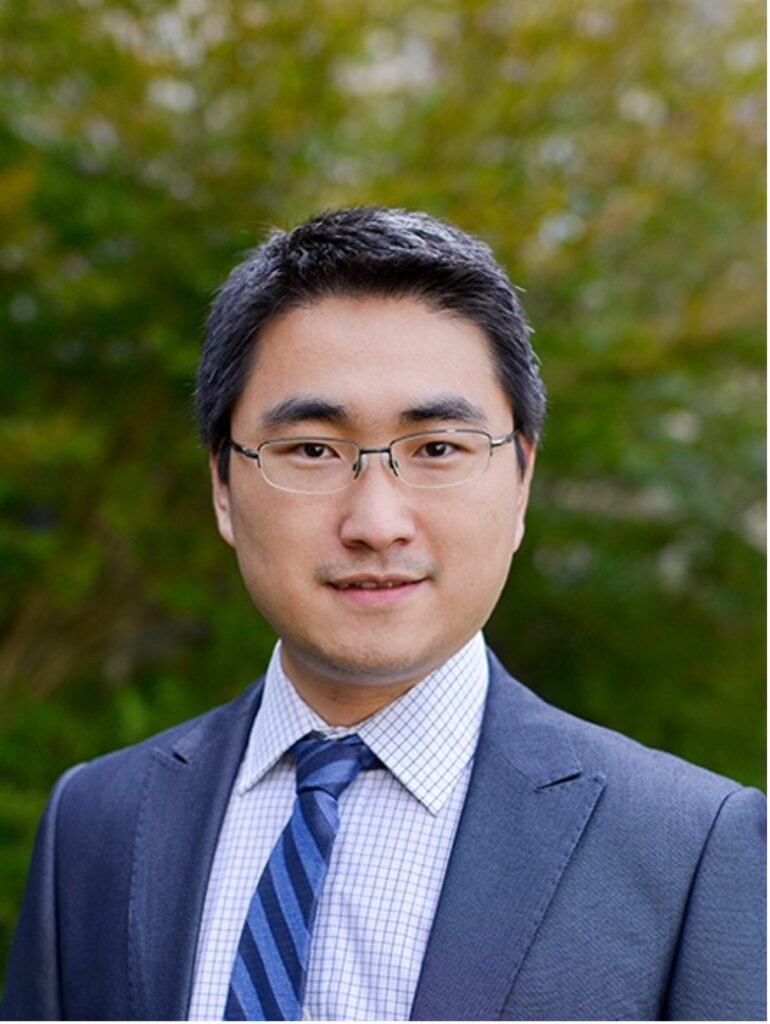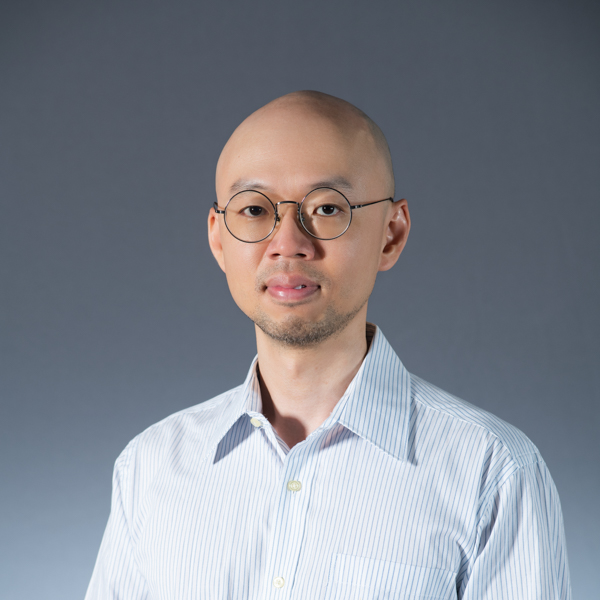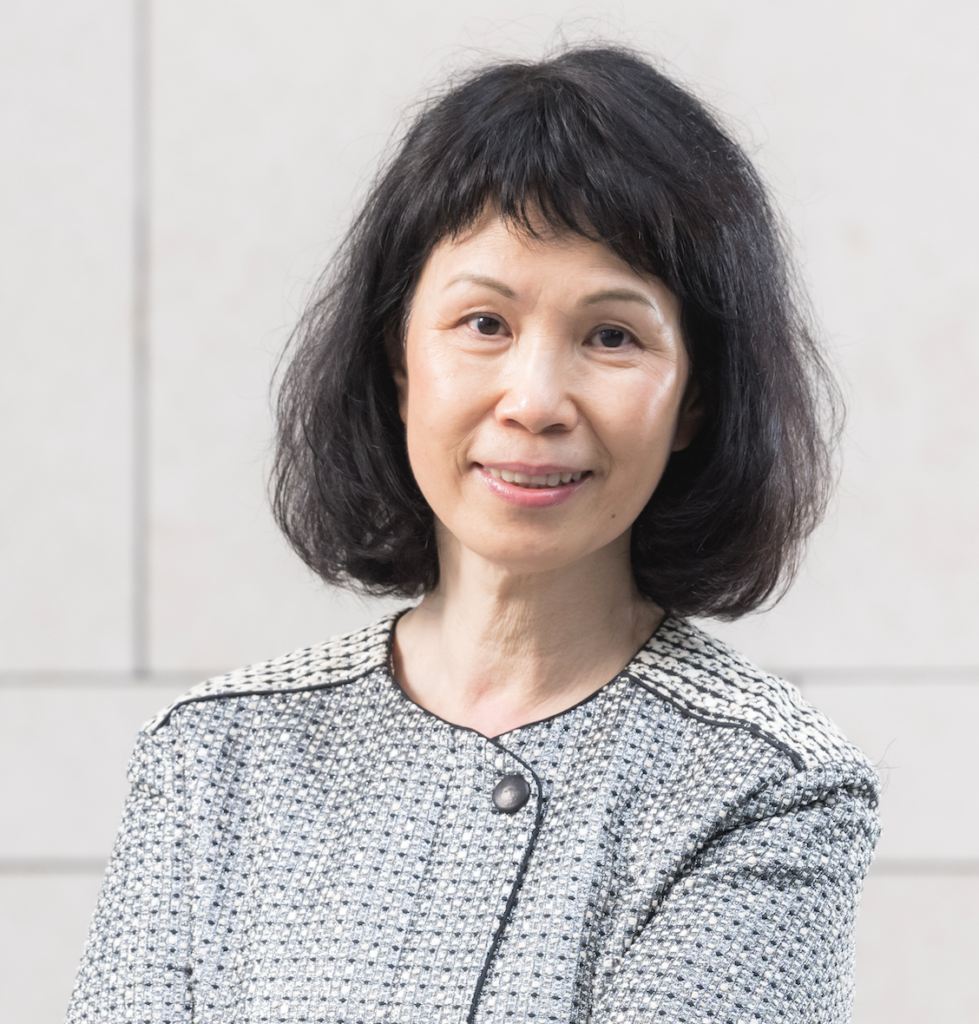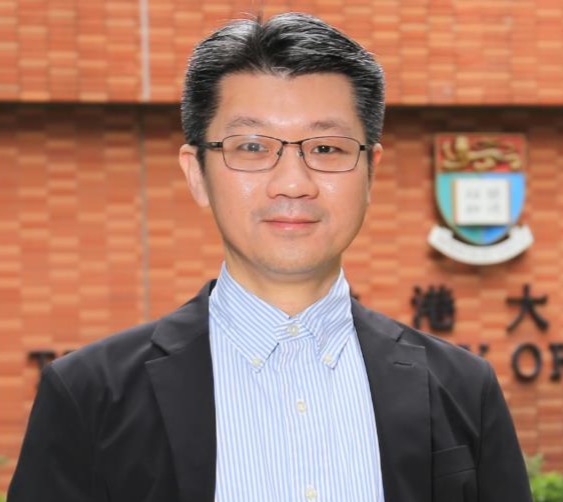TechTalk – Multiscale Robotics and Automation for Advanced Healthcare Applications
April 10, 2025 (Thursday) 4:30-5:30pm
Advancements in biology and medicine necessitate enabling technologies for the manipulation and characterization of tissues, single cells, and even sub-cellular structures. Over the past decades, we have witnessed significant progress in the area of micro and medical robotics for biomedical applications such as single-cell manipulation and minimally invasive surgery. This talk will introduce a new search and detection method for automatically locating end-effector tips; vision-based contact detection algorithms, and microrobotic manipulation techniques. Furthermore, this talk will present microrobotic systems integrating these techniques for microinjection, along with the introduction of an inner actuated microrobot specially designed for minimally invasive medical procedures. The new technology has the potential to reshape cardiovascular drug testing and revolutionize the automated cryopreservation of reproductive cells in IVF clinics. Future research directions including augmented reality-assisted surgery and personalized healthcare will also be discussed.










